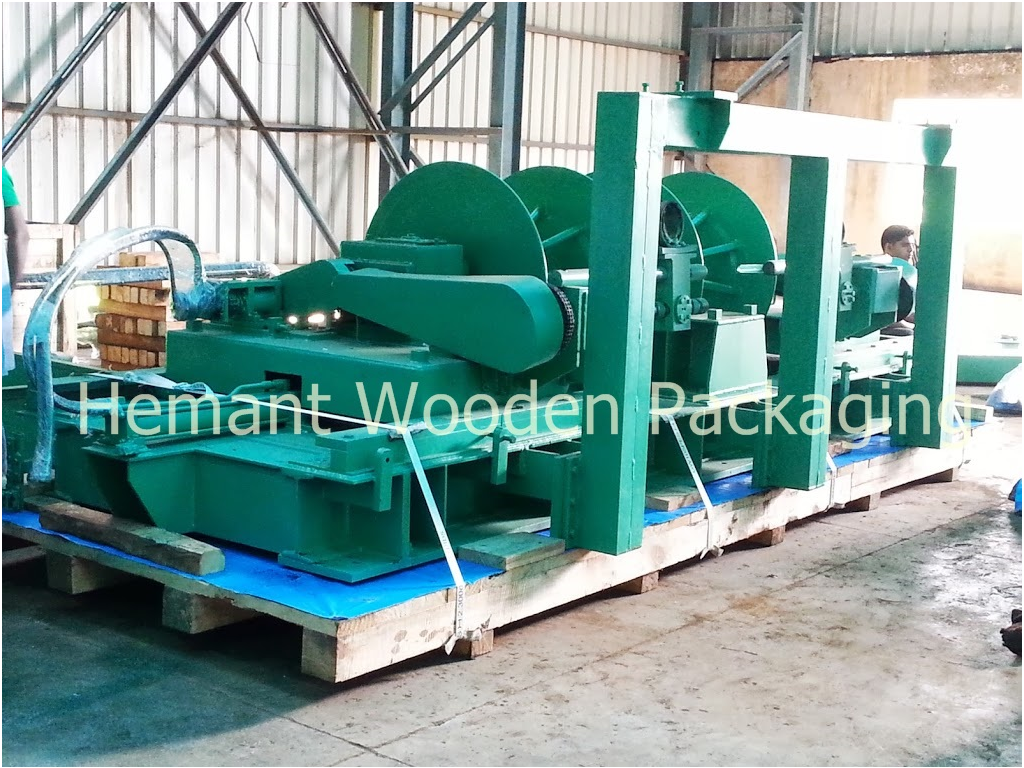Efficient Waste Management Systems
페이지 정보
작성자 Michele Robeson 작성일25-05-07 12:12 조회8회 댓글0건관련링크
본문
The process of using filter presses involves feeding a liquid waste stream into a series of chambers and compartments, known as the filter plates and components. Each chamber is lined with filter mediums and materials, which enable the separation of liquid from solid matter. Once the liquid waste is under pressurized force, it is forced through the filter mediums to discharge the liquid as liquid waste while retaining the solids as leachate and residue.
Several key advantages and benefits make filter presses a popular selection and preference in the food waste management industry. Firstly, the physical power and action applied by the filter press enables the removal of liquids from solids at high levels and frequencies, making the process highly effective and valuable. This efficiency leads to a significant reduction in the volume of solid waste, which in turn reduces storage and disposal costs and waste management hazards and obligations.
In addition to efficiency and cost savings, filter presses contribute to the enhanced safety and security standards associated with waste disposal. By separating liquids from solids, the probability of pollution and environmental damage is reduced. This is particularly critical in the food processing industry where liquids contaminated with pathogens and microorganisms can pose a significant threat to public health.
Another crucial consideration in the selection of filter presses for food waste management is the issue of compliance and adherence with regulatory guidelines and legislations. Many local and national authorities have established strict laws and directives for the disposal of food waste, particularly from processing facilities. Filter presses are designed with flexibility and scalability in mind, allowing for customization and adaptation to meet specific regulatory requirements and standards.
Finally, modern filter presses incorporate several technical innovations and advancements designed to improve efficiency and productivity, overall efficiency and effectiveness. One such example includes self-cleaning features and mechanisms which minimize downtime associated with manual cleaning, resulting in increased efficiency and productivity. Other technologies such as advanced sensors and monitoring systems also contribute to more precise control over processing parameters and conditions, ensuring the consistent high quality and standard of separated liquids and solid waste products.
As the global focus on effective waste management continues to grow, the selection and implementation of filter presses will undoubtedly play a crucial role and influence in the food processing industry's waste management strategies. Their efficiency and safety features and adaptability to regulatory requirements make them a profitable plate and frame filter press manufacturers desirable choice for companies seeking to minimize waste and maximize resource efficiency.

댓글목록
등록된 댓글이 없습니다.
